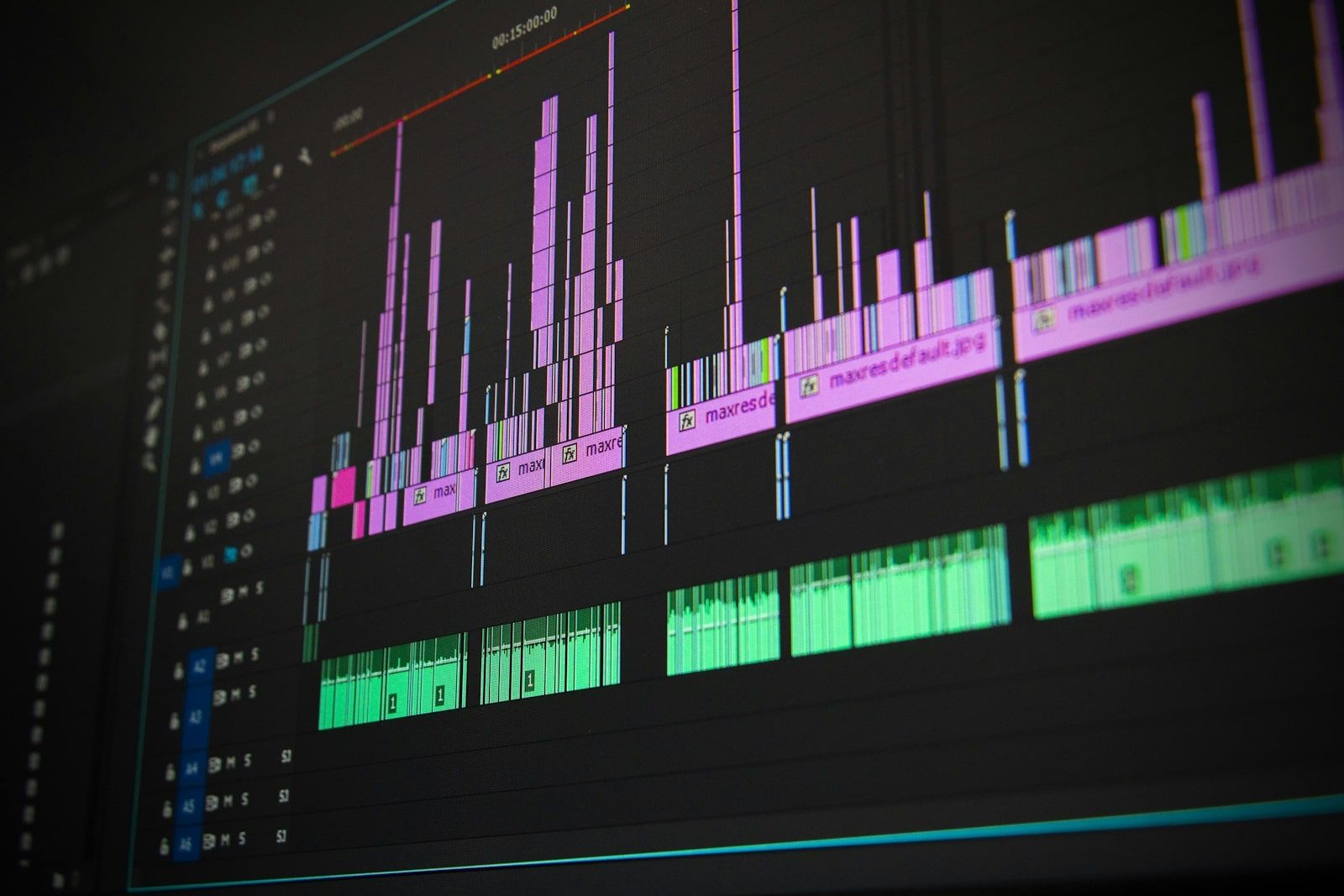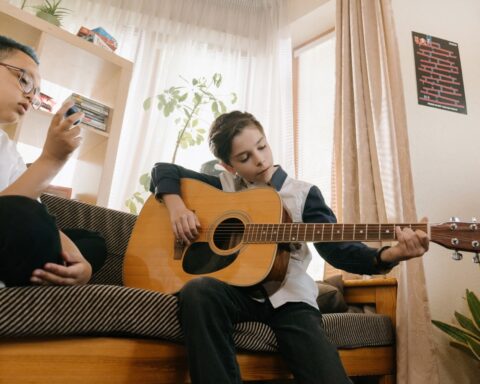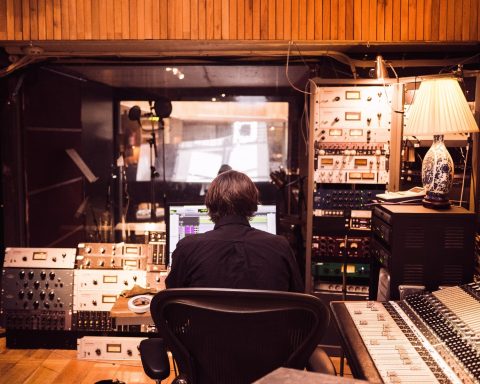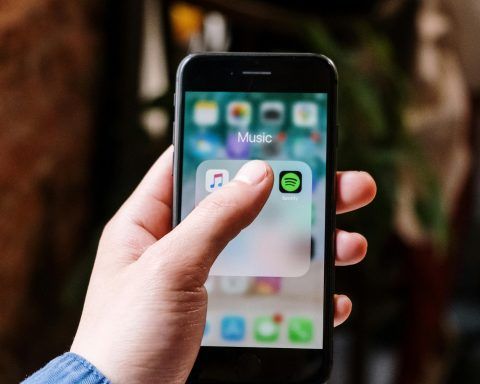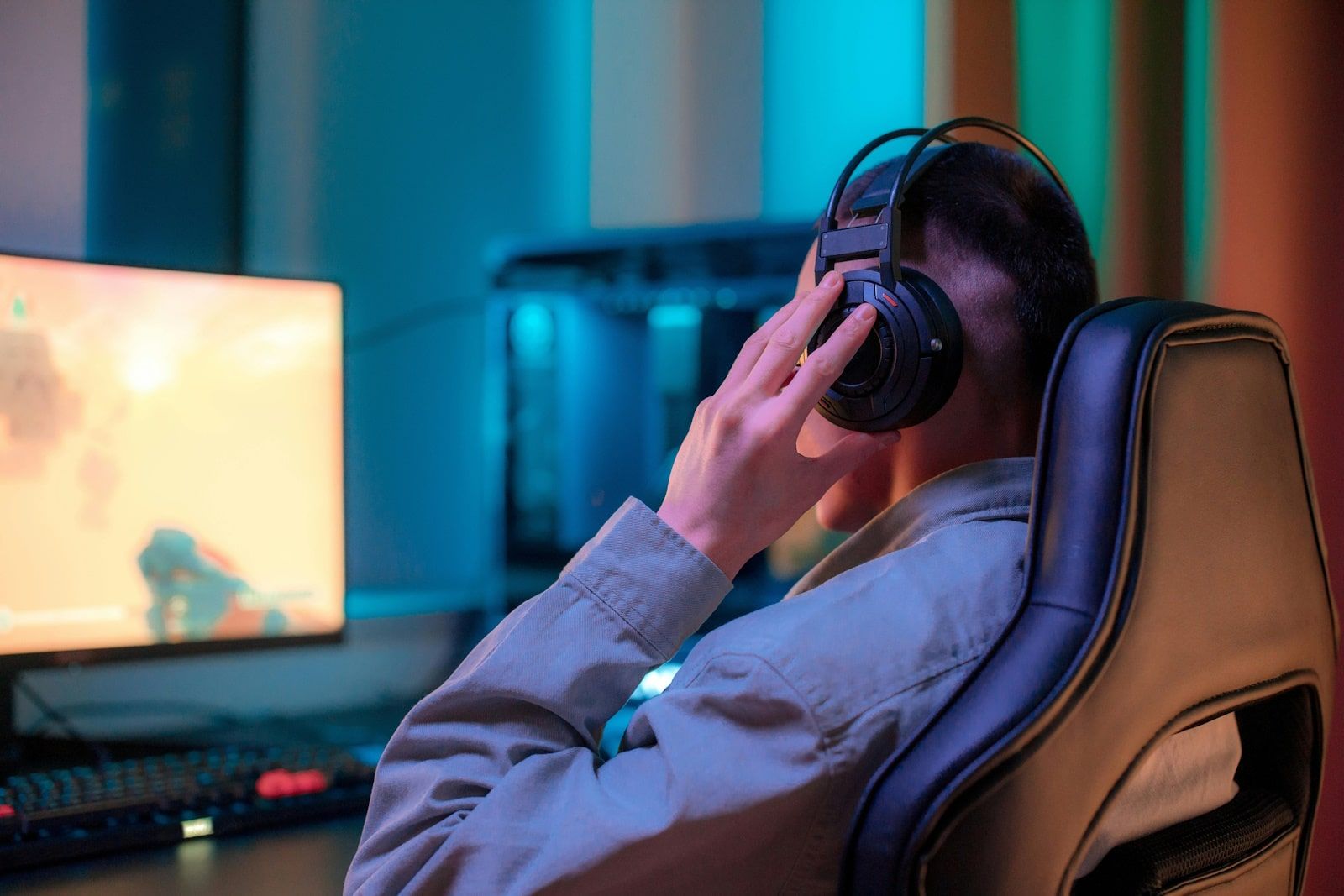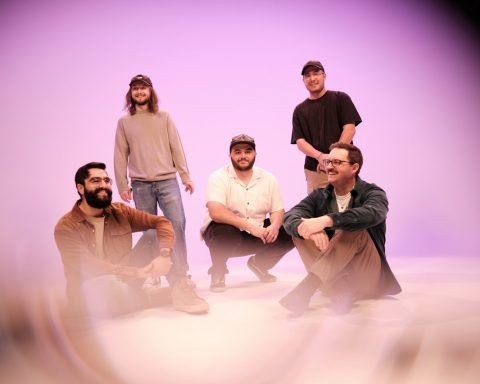The music industry, ever dynamic and evolving, is currently experiencing transformative changes courtesy of recent technological advancements like blockchain and AI. These technologies are not just altering the way music is produced and distributed but are also redefining the boundaries of creativity and ownership in the digital age. The intersection of technology and music promises exciting possibilities while presenting unique challenges that artists, producers, and industry stakeholders are navigating.
Blockchain: A New Tune for Rights Management and Distribution
Blockchain technology is making significant inroads in a variety of industries. Even something as simple as online gambling, a thousands-year-old pastime, has been affected. Virtual currencies powered by blockchain have become a favored method for people looking to bet on the best crypto gambling sites. Blockchain and cryptocurrencies are also changing the way we make purchases – with everything from gadgets to cars to properties available to purchase with Bitcoin and other crypto coins: it’s not just deposits and withdrawals at this selection of crypto casinos that are possible with this new form of currency.
Likewise, music, a similarly, if not older pastime, has been just as heavily affected, primarily by revolutionizing rights management and distribution.
Blockchain’s decentralized nature offers a transparent, immutable ledger that can securely store rights data, ensuring artists and copyright holders are fairly compensated. Blockchain’s potential to streamline royalty payments is particularly noteworthy. By automating transactions through smart contracts, payments for streams or downloads can be directly and instantly transferred to artists and producers, bypassing traditional intermediaries. This not only ensures fair compensation but also enhances efficiency and transparency in the distribution process.
The AI Revolution in Music Creation
AI has dramatically impacted the creative process in music, offering tools that can compose, perform, and even generate vocals. Through machine learning algorithms, AI systems analyze vast datasets of music, learning from structures, patterns, and styles to create new compositions. This capability has given rise to AI-generated tracks that can mimic genres or even the styles of specific artists with astonishing accuracy. AI-generated vocals, synthesized by deep learning models, allow for the creation of songs without human singers, opening up new vistas of experimentation for artists and producers who either don’t want to attach their own voices to a track or lack the funds to pay someone to sing their lyrics.
While some purists express concerns over the authenticity of AI-generated music, others embrace it as a revolutionary tool that enhances human creativity, offering a blend of technological precision and artistic sensibility. Like most things associated with AI and AI-generated content, it still has a long way to go before it finds mainstream popularity, but there are some people out there using it to great success.
Navigating Challenges and Embracing Opportunities
While the integration of AI and blockchain into the music industry offers exciting opportunities, it also presents challenges that require careful consideration. The debate over the role of AI in music creation touches on issues of authenticity, creativity, and the future role of human artists in an increasingly automated industry. This topic has been covered by numerous experts, including Marcus du Sautoy, a professor at Oxford University who believes that top-tier musicians won’t have to worry, but those who create content for corporations and other mid-level gigs might be right to fear replacement. Regardless, the idea is the same as before: hone your craft, work on your skills, and give your music something AI can’t—soul.



